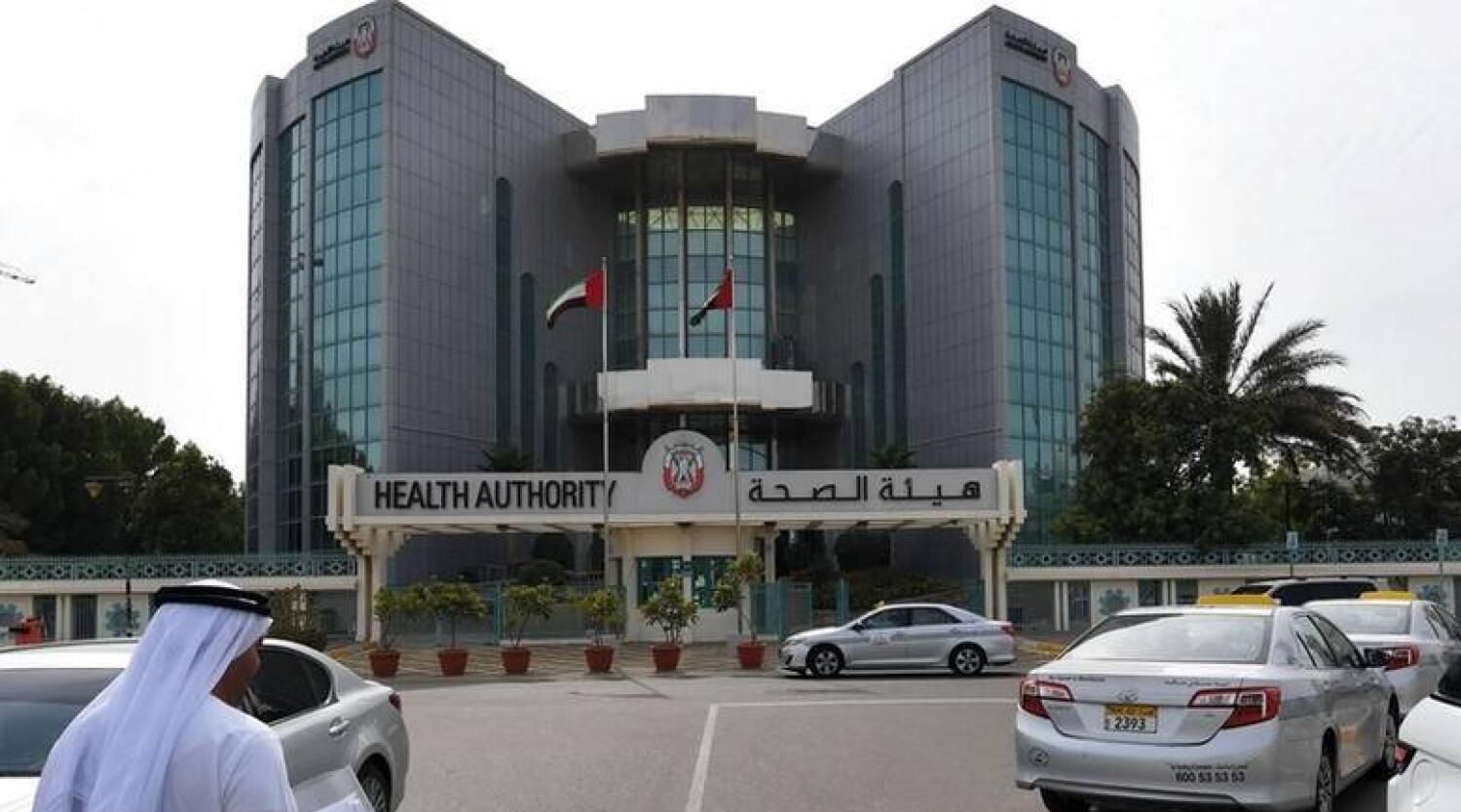Abu Dhabi health authorities have issued a new circular, calling on all healthcare providers in the Emirate to stay cautious about drug-resistant bacteria infection.
In the circular, the Department of Health – Abu Dhabi (DoH) and Abu Dhabi Public Health Centre (ADPHC) have underlined that there has been an unusual rise in cases of extensively drug-resistant (XDR) Shigella sonnei in European countries as reported by the World Health Organisation (WHO).
In its notification on March 24, the WHO stated that the UK and Northern Ireland along with other countries in the WHO European Region are reporting a rise in cases of infection. The global health body also named drug-resistant infection as a “public health concern”.
“Although most infections with S. sonnei result in a short duration of disease and low case fatality, multi-drug resistant (MDR) and XDR shigellosis is a public health concern since treatment options are very limited for moderate to severe cases,” WHO said in its statement.
Ensure caution
In this regard, Abu Dhabi authorities have issued a circular to all healthcare service providers in the Emirate on the basis of the limited information about rising spread of the disease in Europe.
In the circular, the authorities asked all healthcare professionals to be more vigilant about managing any suspected or confirmed cases of MDR or XDR Shigella Sonnei infection. Furthermore, they have been asked to pay more attention to people at risk of contracting the infection and travellers to high-risk areas.
The authorities added that Shigella can be transmitted through the faecal-oral route through direct or indirect contact, sexual contact with an infected person, contact with faeces from an infected person, or indirect contact by flies, fomites, consumption of contaminated food or water. In addition, asymptomatic carriers can also transmit the disease.
Furthermore, healthcare providers have been asked to report any suspected or confirmed cases of infection to the authorities including DoH or ADPHC.
Common symptoms
The WHO has termed shigellosis as a gastrointestinal infection caused by one of four species of Shigella bacteria, including S. sonnei. It is a virulent pathogen with a very low infective dose. It means that only a small quantity of bacteria, approximately 10 to 100 organisms, is enough to cause the infection.
As per the health agency, humans are the only known reservoir, noting that they can excrete bacteria in the stool for several days after bloody diarrhoea.
Speaking in this regard, Dr Kumaraswamy, internal medicine speciality at Abu Dhabi's Medeor Hospital, common symptoms of the illness include diarrhoea, fever and stomach cramps. Some of the most common symptoms include watery or bloody diarrhoea, cramps or abdominal pain, fever, nausea, vomiting, loss of appetite, headache and discomfort, he added. The medical specialist further pointed out that the infection can remain for a shorter duration.
Stress on maintaining good hygiene
Shigellosis has emerged as an endemic in several low to middle income countries. It is a leading cause of bloody diarrhoea in countries across the world. Every year, an estimated 80 million cases of bloody diarrhoea are reported along with 700,000 deaths due to the illness.
Therefore, Dr Kumaraswamy has urged all community members to ensure compliance with good personal hygiene to protect themselves.
“People can wash their hands often with soap and running water. Proper handling of food is essential along with other hygienic measures to stay protected from infection,” Dr Kumaraswamy noted.
 AR
AR UR
UR
